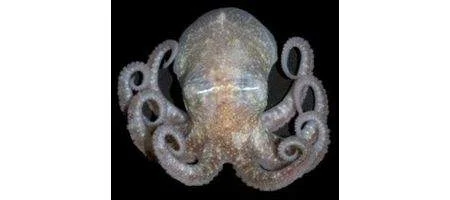Octopuses are intelligent creatures – but, all the same, you might not expect them to have much to say about climate change.

However, a new study of more than 450 Turquet’s octopuses from Antarctica’s Southern Ocean shows that, deep within their genes, is information that indicates that the West Antarctic Ice Sheet once collapsed, perhaps as recently as 200,000 years ago.
The animals’ genes were analysed to shed new light on they disperse across the ocean landscape. Adult Turquet’s octopuses tend to live in one place and only move to escape predators, leading scientists to believe that creatures from areas either side of Antarctica would be genetically different.
The Liverpool University-led team, however, found that the octopuses from Ross and Weddell Seas, which are now separated by the West Antarctic Ice Sheet, are genetically almost identical – suggesting that these two regions may have once been connected.
“We looked at information gathered by the Census of Antarctic Marine Life, which allowed us to examine genetic data on a scale that had not been done before in this area of the world,” says the university’s Dr Phill Watts.
“We expected to find a marked difference between Turguet’s octopuses living in different regions of the ocean, particularly between areas that are currently separated by approximately 10,000km of sea. These creatures don’t like to travel and so breeding between the populations in the Ross and Weddell Seas would have been highly unusual.”
Instead, though, the team found that the two groups were genetically similar, suggesting that at some point in their past the two populations were in contact – presumably because they weren’t then divided by the West Antarctic Ice Sheet.
“The fact that we found more similarities than we did differences supports the theory that the West Antarctic Ice Sheet could have collapsed in the past,” says Dr Louise Allcock, from the National University of Ireland.
“It also provides further evidence that scientists should continue to raise awareness about the impact of climate change on Antarctica today.”






